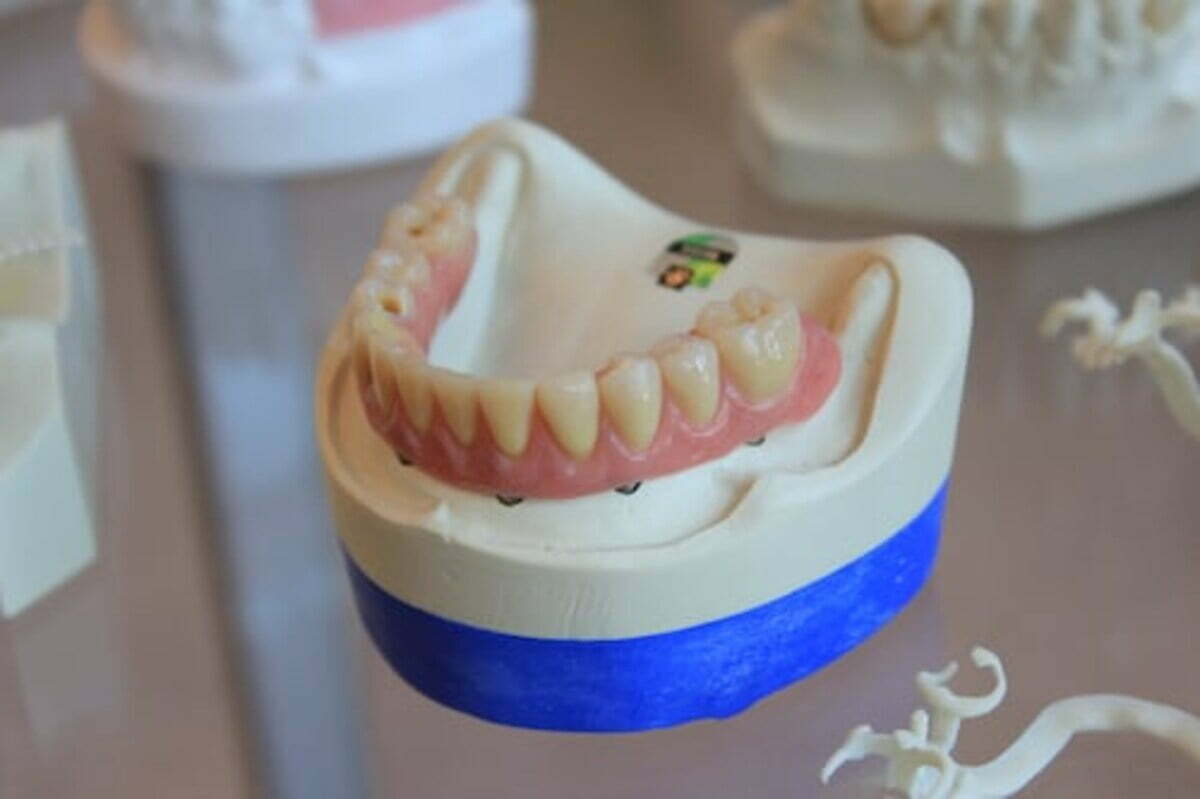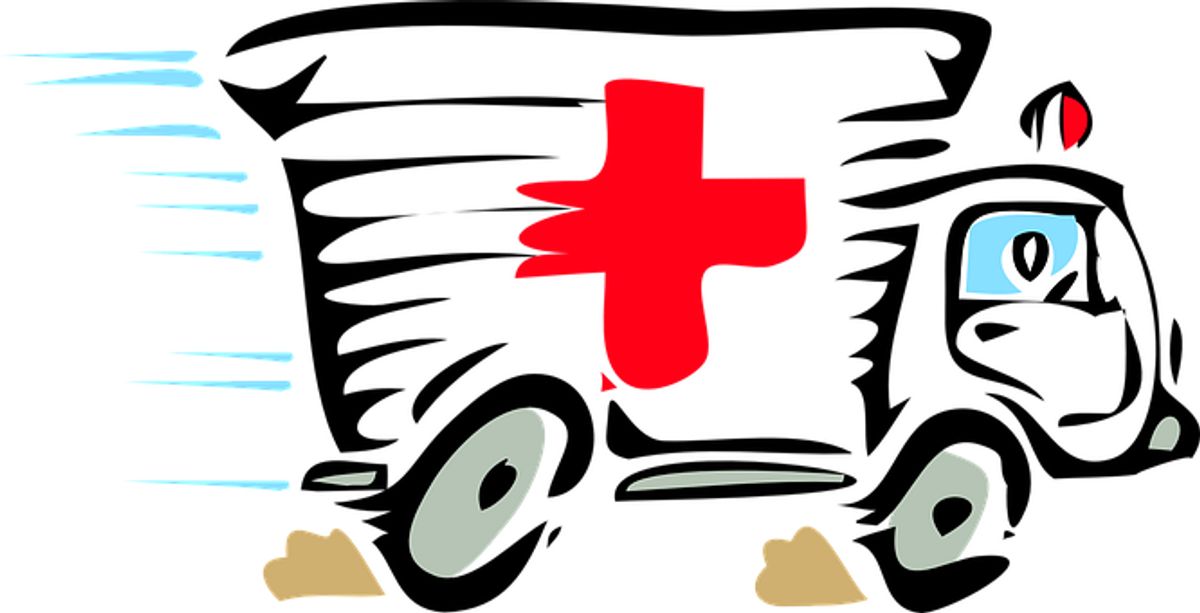Panic Attack Treatment
A panic attack is a condition that causes intense fear and discomfort. There is no single cause of this condition; several factors may trigger it. Treatment focuses on alleviating symptoms and preventing panic attacks. It may include psychotherapy, medications, or a combination of the two. A doctor can help you find a treatment that will work for you.
Symptoms
The physical symptoms of panic attacks include shortness of breath, sweating, trembling, and dizziness. An elevated heart rate may be present as well. Other symptoms of a panic attack include fear and derealization. They often come and go without warning, leaving you breathless and exhausted.
A panic attack can be the terrifying experience of your life. It can make you fear death or go crazy. You may feel faint and nauseous. You may feel like you’re losing control and must run away from the situation. You may even need to go to the emergency room to receive treatment.
Panic attacks may be caused by various mental and physical illnesses, including substance use disorders, posttraumatic stress disorder, and schizophrenia. They can also be a side effect of alcohol or drug abuse withdrawal.
Causes
If you’ve ever experienced a panic attack, you’ll know the fear it can cause. It can leave you sweating profusely and feeling restless. It can even make you think of running away or hiding. Panic attacks are exhausting and debilitating, so they should not be taken lightly. However, if you suffer from them, you may want to seek medical help to understand why they occur.
Treatment options for panic disorder include both medication and therapy. The latter may include antidepressants and lifestyle changes. However, these medications may be addictive and should be taken only with a doctor’s prescription. The best treatment for panic disorder is to address the causes that trigger the attacks and seek out professional help as soon as you feel symptoms coming on.
Stress and environmental changes are common causes of panic attacks. These changes may be related to chronic physical illnesses, significant life changes, and even negative self-talk. Other common causes of panic attacks include the death of a loved one or divorce. Both situations are stressful and can trigger a panic attack.
Treatment
Treatment of panic attacks involves a multifaceted approach that involves psychotherapy, medication, and behavioral therapies. These approaches aim to minimize the impact of panic attacks and improve a patient’s quality of life. Psychotherapy can help individuals learn to cope with their panic attacks while the medication is used to prevent future episodes.
One of the best ways to cope with a panic attack is to imagine a happy place. This happy place should be a place of comfort, safety, and relaxation. You can close your eyes and picture this place in your mind whenever you experience a panic attack. You can even imagine your feet touching a warm beach or soft rugs. If you cannot imagine a happy place, you can try taking a calming sedative, such as benzodiazepines. Another option is to spend some time with a pet. Animals can help relieve feelings of sadness.
Some patients respond to conventional medication, such as Valium and Xanax, while others have no response. Off-label medications are an option but must be discussed with the patient and documented in advance. Medications that block serotonin are known to have side effects. Therefore, seeking medical help when the symptoms persist ais essential, and informing family and friends about your condition.
Prevention
A panic attack can occur in many places, but there are certain precautions you can take. First, it’s best to avoid stressful situations, such as crowded places or those where people may stare at you. Another way to avoid panic attacks is to be as calm as possible. Try focusing on your breathing and finding a quiet place.
If you suspect that you have panic attacks, consult a healthcare professional. They can prescribe medications to help you manage symptoms and minimize their impact. You may also need counseling to cope with your panic attacks. However, it’s essential to remember that many physical conditions can mimic the symptoms of a panic attack.
Once you’ve identified your triggers, find a calm place to relax. For example, you can distract yourself with breathing exercises or by reciting a favorite song. In addition, avoid crowds and enclosed spaces, which can make you feel even more frightened. Also, avoid alcohol, caffeine, and smoking, as these can worsen symptoms. It’s also important to make lifestyle changes, such as getting more sleep and exercising regularly.




